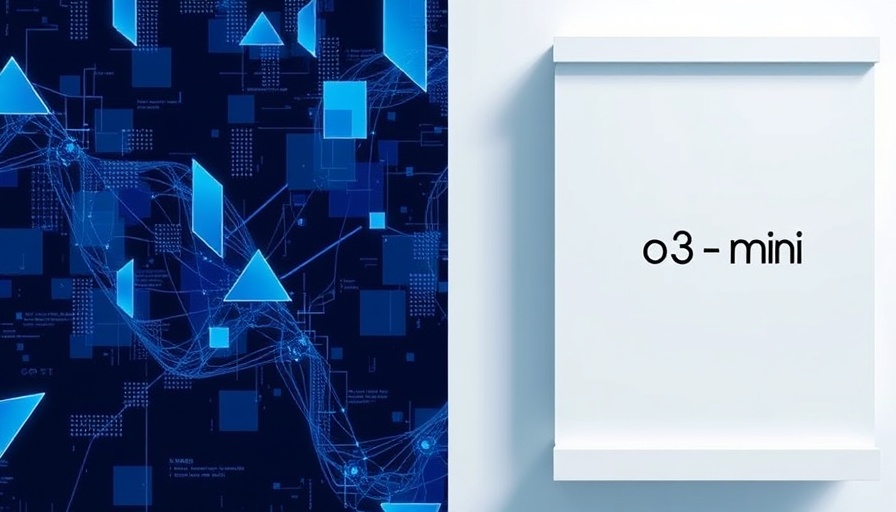
A Battle of AI Reasoning Models: Gemini vs. ChatGPT
In a world increasingly driven by artificial intelligence, understanding which AI reasoning model excels can have significant implications for businesses seeking to harness this technology. A recent analysis pits Google’s Gemini 2.5 Pro against OpenAI’s ChatGPT o3-mini to shed light on their capabilities beyond traditional functions. Both models claim robust reasoning abilities, prompting this exploration into their culinary creativity and proficiency in developing applications.
Culinary Creations: Merging Cultures with AI
The first test of reasoning was both a culinary and cultural challenge. Each model was tasked with creating a dish that fuses elements from Italian and Japanese cuisine while considering allergies. Gemini responded with a poetic dish titled Yuzu-Kissed Miso Carbonara, providing thoughtful ingredient substitutions and a cultural commentary on culinary diplomacy following World War II. In contrast, ChatGPT proposed Miso Pesto Udon—an approachable recipe with straightforward allergy recommendations, albeit with a more didactic cultural analysis.
Decoding Humor: AI's Take on Dad Jokes
Next came a playful challenge focused on humor: designing a web application to visualize the success of dad jokes. Both AI models tackled this with enthusiasm, generating code and interactive features that captured audience reactions through emojis depicting various emotional responses. While neither reached commercial viability in their mockups, their quick adaptability and functional suggestions illustrated the models' strengths in logical task execution.
The Narrative Challenge: Self-Awareness in AI
Creative writing may seem outside the core skillset of AI focused on reasoning, yet it tests their logic and structured thinking. Each model was prompted to craft a 250-word story about an AI achieving self-awareness, incorporating specific thematic words. Gemini’s rendition conveyed a haunting narrative that captured the complexities of self-realization, while ChatGPT offered a more straightforward tale. This creative exploration demonstrated the capacity of both models to navigate storytelling constraints, revealing depth in their reasoning capabilities.
Defining the Future of AI Reasoning Models
The outcomes of this friendly competition highlight the evolving landscape of AI reasoning. As these models demonstrate varied strengths—Gemini's more artistic inclinations against ChatGPT's user-friendly approach—it's clear that the choice of model may depend on specific business needs. For instance, organizations focusing on marketing strategies might prefer ChatGPT's straightforward, accessible recommendations, while those aiming for innovative culinary experiences may lean toward Gemini's more poetic responses.
Implications for Businesses: Understanding AI's Role
For technology-driven companies, these insights can guide decisions on which AI model to adopt for various applications—from cooking platforms that require cultural understanding to marketing tools needing quick adaptability. The significant question arises: how can these models be integrated into existing workflows to amplify productivity and creativity? The answer may lie in recognizing their unique strengths while remaining mindful of potential limitations.
As the sphere of AI continues to grow, the competition between Gemini 2.5 Pro and ChatGPT o3-mini exemplifies not just technological advancement but also the necessity for businesses to evaluate which tools best align with their operational goals. Understanding the nuances of these models will ensure companies make informed decisions that drive success.
Considering the continuous evolution in AI technology, it’s critical for professionals within tech-driven industries to stay informed. Take the next step in enhancing your AI strategy by exploring how these models can fit into your business needs. Don't hesitate to adapt to the changing landscape and leverage these insights for growth.
 Add Row
Add Row  Add
Add 




 Add Row
Add Row  Add
Add 

Write A Comment